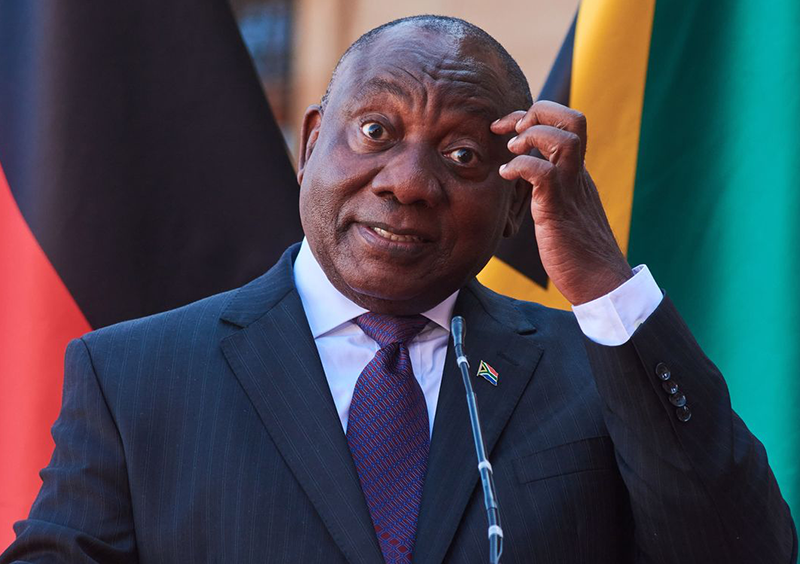President Cyril Ramaphosa has conceded that South Africa is grappling with the United States’ decision to impose a30% tariff on local imports, but insists the country is not alone in facing mounting global trade challenges “The US is South Africa’s second-largest trading partner by country, and these measures will have a considerable impact on industries that rely heavily on exports to that country and on the workers they employ, as well as on our fiscus,” he said Sectors such as agriculture, automotive and textiles have historically benefited from duty-free access to the US market under the African Growth and Opportunity Act (AGOA), which now faces disruption Ramaphosa said that South Africa’s trade relationship with the US has historically been complementary, saying local exports “do not compete with US producers and do not pose a threat to US industry”.“Largely, our exports are inputs into US industries and therefore support the United States’ industrial base,” he said.“South Africa is also the biggest investor from the African continent into the US, with 22 of our companies investing in a number of sectors including mining, chemicals, pharmaceuticals and the food chain.”The 30% tariff was recently announced by the Trump administration and will take effect on 7 August
Ramaphosa said that South Africa’s trade relationship with the US has historically been complementary, saying local exports “do not compete with US producers and do not pose a threat to US industry” “Largely, our exports are inputs into US industries and therefore support the United States’ industrial base,” he said “South Africa is also the biggest investor from the African continent into the US, with 22 of our companies investing in a number of sectors including mining, chemicals, pharmaceuticals and the food chain.”
The 30% tariff was recently announced by the Trump administration and will take effect on 7 August South Africa is the only country in sub-Saharan Africa singled out for the steep tariff, reflecting deteriorating relations between Pretoria and Washington.Other African countries, such as Lesotho and Zimbabwe, will face a 15% tariff from the same date.The announcement is a significant blow to South Africa’s economy, particularly as the government had been working to strengthen trade ties with the US.This included deals on liquefied natural gas imports, easing poultry import regulations and investments in US industries.Ramaphosa defended South African imports, arguing they ultimately benefit US consumers through greater variety and lower costs
South Africa is the only country in sub-Saharan Africa singled out for the steep tariff, reflecting deteriorating relations between Pretoria and Washington Other African countries, such as Lesotho and Zimbabwe, will face a 15% tariff from the same date The announcement is a significant blow to South Africa’s economy, particularly as the government had been working to strengthen trade ties with the US This included deals on liquefied natural gas imports, easing poultry import regulations and investments in US industries
Ramaphosa defended South African imports, arguing they ultimately benefit US consumers through greater variety and lower costs “For example, citrus production is counter-seasonal and does not pose a threat to US production,” he said.“Furthermore, production by US companies has been on the decline due to low yields, citrus greening disease and other factors unrelated to competition from imports.”South Africa, the world’s second-largest citrus exporter, has helped to stabilise supply and prices in the US market.“We have been engaging the United States to enhance mutually beneficial trade and investment relations All channels of communication remain open,” said Ramaphosa.“Our foremost priority is protecting our export industries.”
Source: Newzimbabwe
